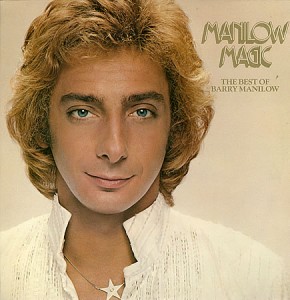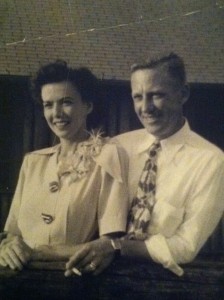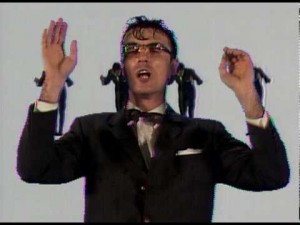When I signed on to my computer that morning, an instant message popped up from my boss: “Please call me as soon as you get to your desk.”
He was not given to chitchat or small talk. We both worked remotely and when we communicated, it was via email or instant message. Before I could consider why he wanted to speak to me, my phone rang.
“This is going to be a difficult conversation,” he began.
Fifteen minutes later, I was unemployed.
It didn’t matter that I was being laid off because of a corporate restructuring at a foundering company or that my boss said he had pushed hard to keep management from eliminating my position.
I had lost my job and, along with it, a crucial chunk of my identity. What if I couldn’t get it back? I needed working girl me. She kept me sane. She was confident, self-assured. She paid the mortgage and car payment. She provided her family with health insurance. She showed her daughter the importance of working hard, being respected and standing on her own. She was the me I wanted to be.
I had willingly given her up once before to stay home with my young children. I thought I would be happy without her, that I would find the personal fulfillment I needed in being a mother. But it wasn’t enough. I wanted her back. Slowly, I worked her into my new life as a parent. I did some freelance writing and editing for a few years, and when my son started kindergarten I took a part-time job working from home.
She was back, and I was happy. We all were.
Then my husband lost his job. I was able to expand my position to full time, which helped, but it was still a frightening, stressful period for us financially. At the same time, it made us refocus on our family and our marriage, and it brought us closer. It also motivated my husband to start his own company as he had always wanted to do. Out of what he had perceived was failure came success. She, working girl me, helped make it possible.
And now she was gone.
How could I tell him? Could we get through this again, without her this time?
As I climbed the stairs to the master bedroom where my husband was dressing for work, I felt like a child coming home with a bad report card. I had failed, and there was nothing I could do to fix it. I was afraid of what he would think, what he would say, how he would see me — the me without her.
I saw the shock in his eyes, the fear, but he was there for me. It was his turn to be supportive, and he was.
“We’ll get through this,” he told me, as I cried into his T-shirt. “You’re good at what you do. You’ll find another job.”
I didn’t believe him. But she did.








